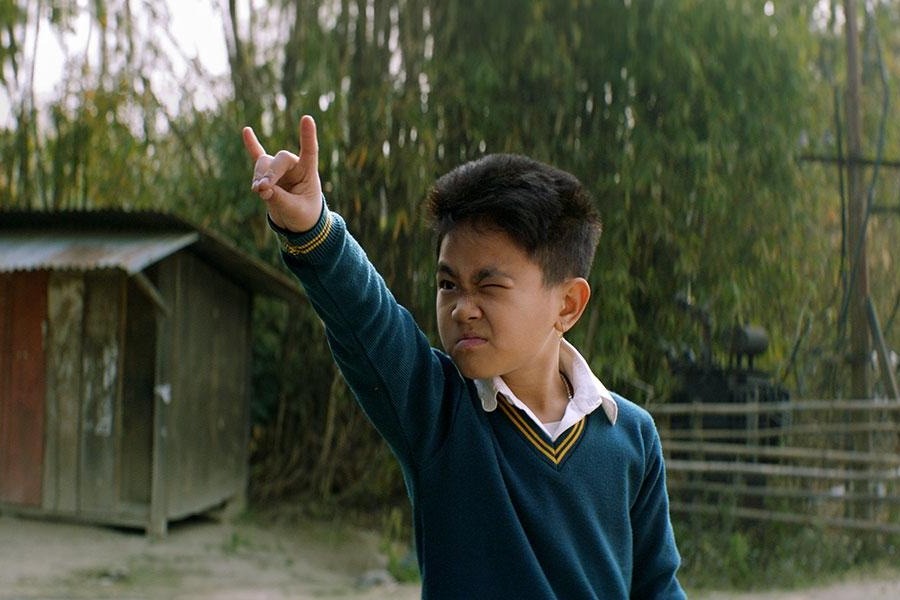 |
| Tigress Durga at Ranchi zoo |
Love is in the air at Ranchi’s Bhagwan Birsa Biological Park.
After a brief estrangement, tigress Durga and tiger Sugreev once again appear to be an item and ecstatic zoo officials are praying that the mutual attraction lasts till the upcoming mating season.
The feline romance has raised hopes of the pitter-patter of baby paws to such an extent that according to zoo vet Ajay Kumar, preparations have already started to welcome a cub or two.
“We will encourage the big cats to mate in the end of June or first week of July. If all goes according to plans, we can expect a litter cheer in October as the gestation period in tigresses vary between 95 and 100 days,” said Kumar.
The weather in October would be moderate too, an ideal situation for rearing cubs.
Sugreev and Durga were brought to Ranchi from Shri Chamrajendra Zoological Garden in Mysore in 2009. Before their arrival, Ranchi zoo boasted of only one tiger — Salim — which died at the age of 19 in end 2010.
And now, zoo officials can’t stop talking about the blossoming romance.
Emphasising on the “good chemistry” Kumar said the tigers were “spending a lot of time together.”
However, the relationship has had its share of rocky patches too.
Last April, Durga slipped into depression after losing three cubs soon after they were born.
“It was only natural for her to be depressed about losing her litter. Durga’s pregnancy was detected at a much advanced state and not enough diet supplements could be given to ensure healthy delivery,” reasoned Kumar.
Thankfully, Durga seems to be her usual self again.
“Of late Durga and Sugreev have been displaying a lot of attraction for each other. We have been observing their body language and both are releasing pheromones, which indicates the physical attraction,” said Kumar.
To ensure that nothing goes wrong this time round, both animals are being given vitamin supplements.
“Besides their normal diet, we are giving them liquid supplements of vitamin A and E to enhance reproductive efficiency in them,” said Kumar.










